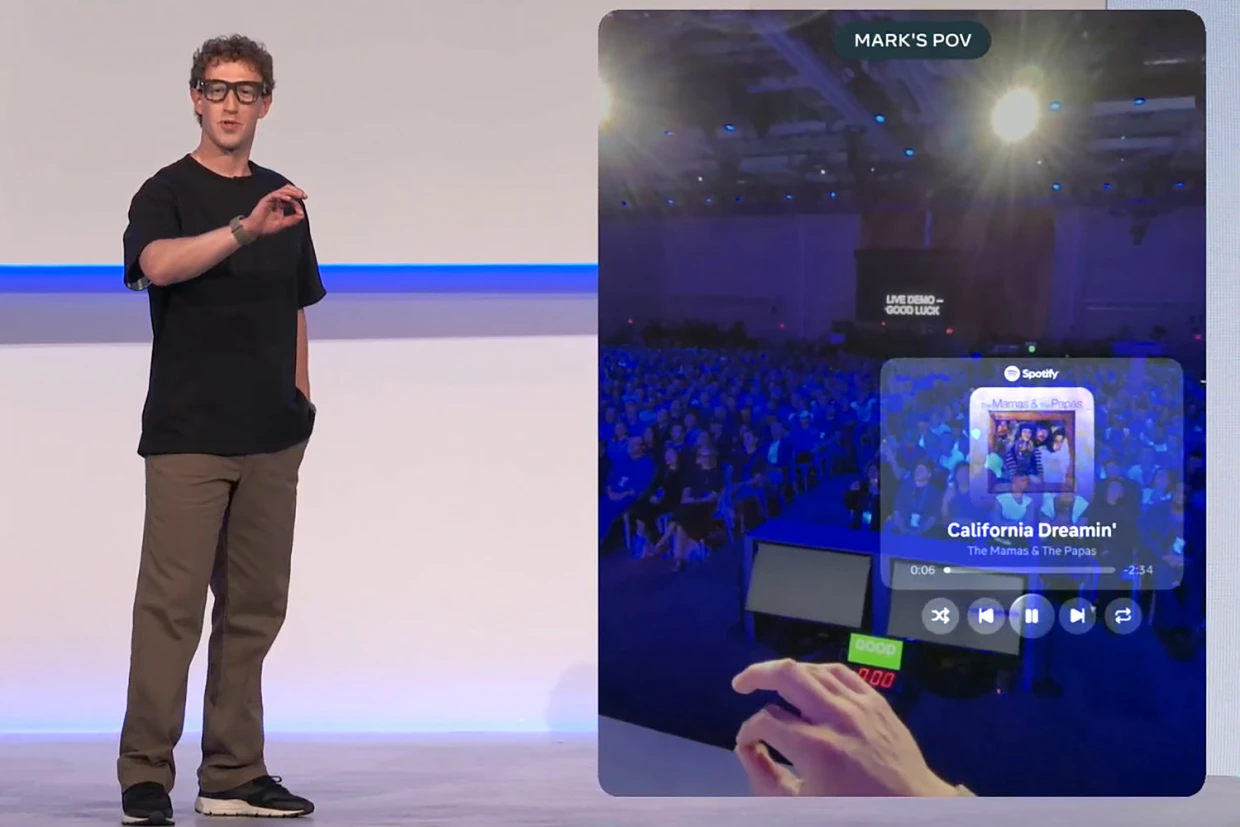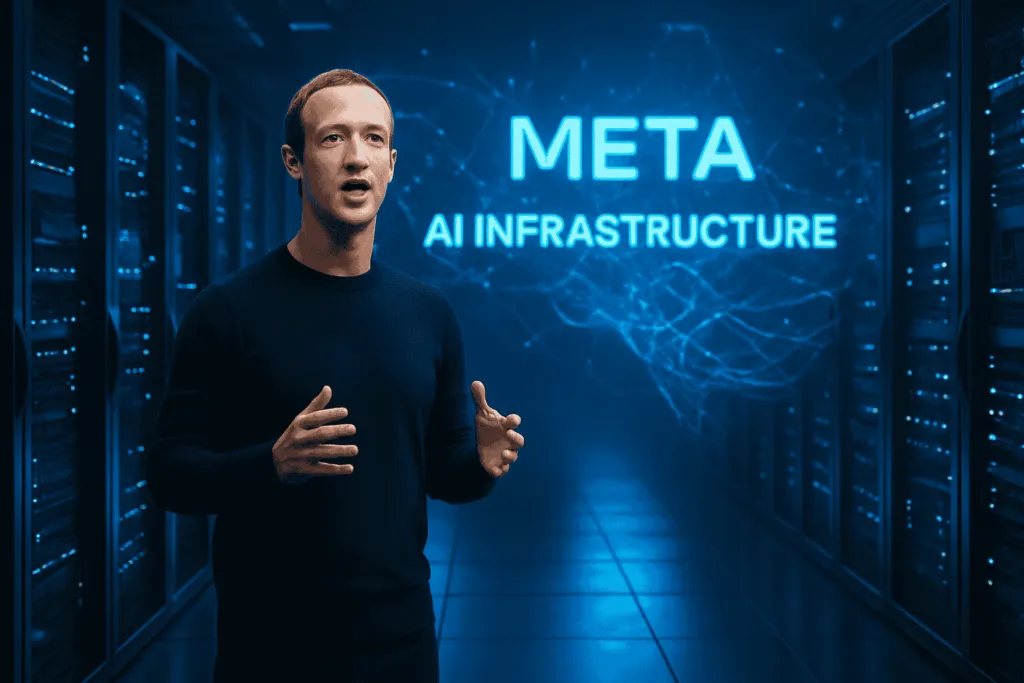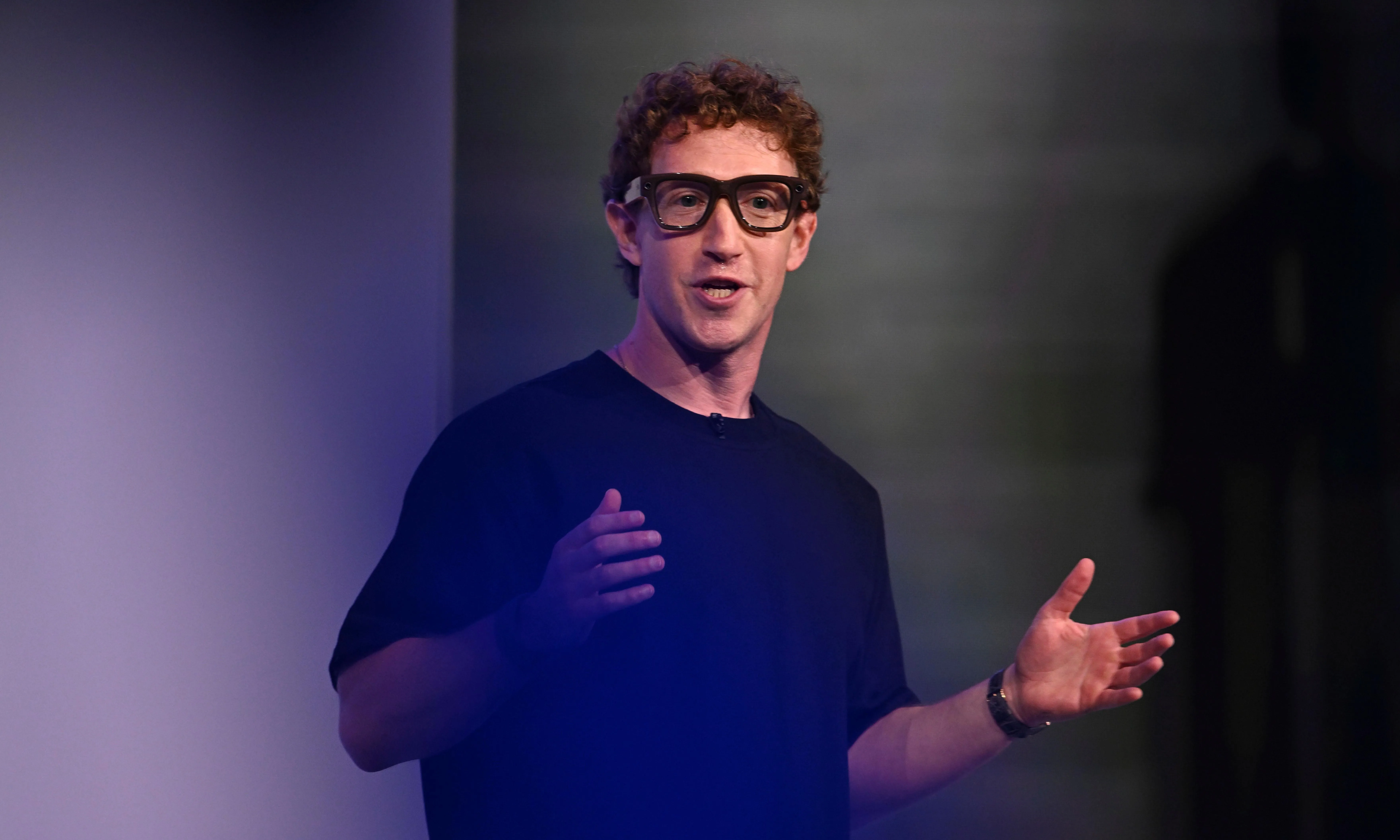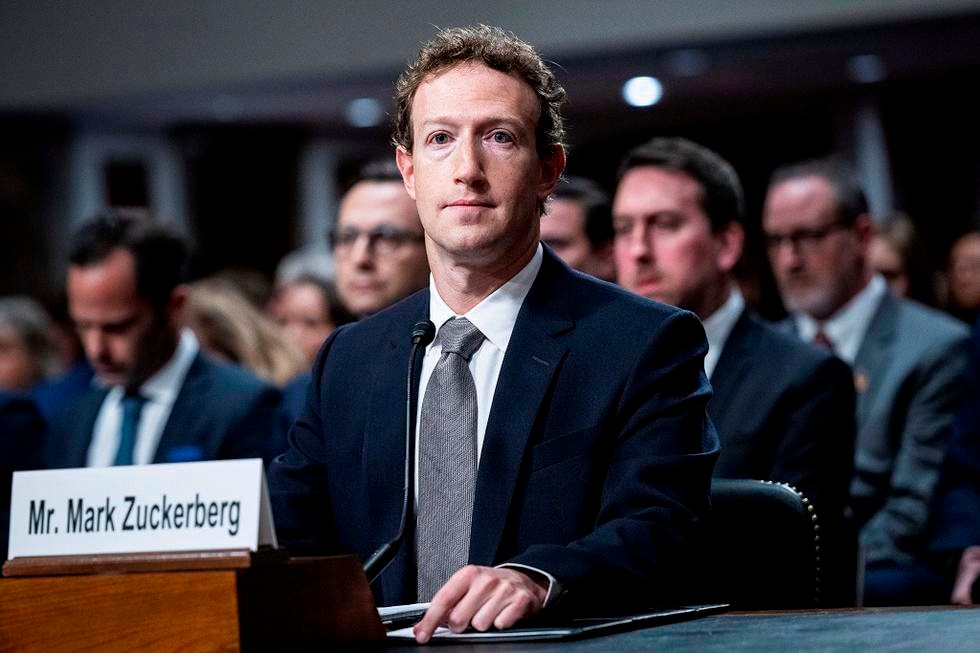

“A Few Hundred Billion Is Nothing”: Mark Zuckerberg on the Race Toward Superintelligence
Mark Zuckerberg, the co-founder and CEO of Meta, has once again made waves with a bold declaration: spending a few hundred billion dollars in the race toward superintelligence is “nothing” compared to the transformative potential it holds. This statement underscores Meta’s commitment to dominating the next era of artificial intelligence (AI) and signals a willingness to take unprecedented financial risks in pursuit of groundbreaking innovation. With AI becoming increasingly central to business, society, and global competition, Zuckerberg’s comments have stirred debates among investors, tech enthusiasts, and ethicists alike.
Zuckerberg’s Vision for Superintelligence
For Zuckerberg, superintelligence represents a paradigm shift in how humans interact with technology. He envisions AI systems that can reason, understand context, solve complex problems, and collaborate seamlessly with humans. These systems would not only augment human capabilities but also revolutionize industries such as healthcare, education, and communication.
In his remarks, Zuckerberg emphasized that the financial cost of building these systems is trivial compared to the potential rewards. He stated, “A few hundred billion is nothing if it means unlocking the next era of human progress.” This reflects his belief that investing in AI now is not just an opportunity but a necessity. Failing to lead in AI could result in missed economic, technological, and social advantages in the decades to come.

Meta’s Massive Investment Strategy
Meta has already poured billions into AI research and development, focusing on projects ranging from generative AI to advanced virtual reality (VR) and augmented reality (AR) platforms. The company’s investment strategy involves:
-
Recruiting top AI talent worldwide to build foundational technologies.
-
Collaborating with universities and research institutions to translate cutting-edge findings into practical applications.
-
Developing infrastructure capable of supporting massive AI models that can simulate complex cognitive and social behaviors.
Zuckerberg’s statement about spending “nothing” signals Meta’s commitment to scale — financial expenditure is not a barrier when the goal is technological supremacy.
Industry Reactions
The tech community responded with a mix of admiration and skepticism. Some praised Zuckerberg for his audacious vision, pointing out that AI has the potential to transform society in ways comparable to electricity or the internet. Others criticized the casualness of his remark, emphasizing that spending hundreds of billions without guaranteed results carries both financial and ethical risks.
Ethicists and AI experts raised concerns about centralizing immense power in the hands of one corporation. They cautioned that superintelligent systems, if mismanaged, could have unintended consequences, including bias in decision-making, threats to privacy, and disruption of labor markets. Zuckerberg’s confidence, while inspiring, has ignited debate about balancing ambition with responsibility.
Comparing Zuckerberg to Other Tech Leaders
Zuckerberg’s approach differs from other tech CEOs. Elon Musk, for instance, invests heavily in AI through ventures like OpenAI and Tesla’s self-driving projects, but he consistently warns about the existential risks of uncontrolled AI. Sundar Pichai of Google focuses on integrating AI into practical applications while promoting regulation and safety guidelines. Jeff Bezos leverages AI primarily for logistics and automation, emphasizing business efficiency over philosophical debates about superintelligence.
Zuckerberg, however, openly embraces the high-risk, high-reward approach, signaling Meta’s intent to lead without hesitation in the global AI race.
The Ethical Dimension
Spending enormous sums on AI projects raises ethical questions. Should private corporations be allowed to wield such influence over technology that could reshape society? Zuckerberg maintains that Meta is committed to ethical AI development, including transparency, fairness, and alignment with human values.
Despite these assurances, critics argue that no framework can fully prevent unintended consequences, particularly with systems capable of autonomous decision-making. Zuckerberg’s casual dismissal of the cost highlights the tension between ambition and caution in the AI sector, prompting discussions on whether financial power can or should dictate the pace of technological advancement.
Potential Impacts of Superintelligence
For everyday people, Zuckerberg’s vision may seem abstract, but its implications are profound. Superintelligent AI could:
-
Revolutionize healthcare with personalized treatments and predictive diagnostics.
-
Transform education via adaptive learning systems tailored to each student.
-
Redefine communication through hyper-intelligent virtual assistants that anticipate needs and provide real-time solutions.
-
Enhance creativity in art, music, and design by collaborating with human creators.
Meta’s commitment to investing without hesitation signals a determination to bring these possibilities into reality, even at unprecedented financial scales.

Challenges in Achieving Superintelligence
Despite Meta’s ambitions, the journey to superintelligence faces numerous obstacles:
-
Technological hurdles: Creating AI capable of nuanced reasoning, creativity, and ethical judgment remains one of humanity’s most difficult challenges.
-
Regulatory scrutiny: Governments worldwide are developing frameworks to ensure safe and responsible AI development.
-
Public perception: Concerns about privacy, bias, and potential misuse could hinder adoption and trust in Meta’s technologies.
-
Competition: Companies like Google, Microsoft, and OpenAI are racing aggressively to achieve breakthroughs, making the AI landscape highly competitive.
Zuckerberg’s remark about cost downplays these hurdles, emphasizing ambition and risk tolerance as central to Meta’s strategy.
The Financial Perspective
From an investor standpoint, Zuckerberg’s statement underscores a long-term vision. While short-term costs may be staggering, the potential return on investment could be transformative. Superintelligent AI could redefine Meta’s revenue streams, unlock new markets, and cement the company’s position as a leader in technology for decades.
This perspective also signals Meta’s confidence in leveraging financial scale as a competitive advantage. Unlike smaller companies that must prioritize immediate profitability, Meta can afford to make massive, upfront investments to secure long-term technological dominance.
Balancing Ambition with Responsibility
Zuckerberg’s approach highlights the tension between visionary ambition and ethical responsibility. Developing superintelligent AI is not just a technological challenge but a social one, requiring careful consideration of potential consequences. Meta must balance rapid innovation with safeguards that protect users, prevent misuse, and ensure AI aligns with human values.
This balance will be crucial for maintaining public trust. While financial resources can accelerate development, they cannot replace the need for transparency, regulation, and responsible deployment. Zuckerberg’s statement, while bold, may prompt Meta to increase its focus on ethical oversight alongside technical innovation.

Conclusion
Mark Zuckerberg’s assertion that “a few hundred billion is nothing” reflects his unwavering commitment to pushing the boundaries of superintelligence. It underscores Meta’s strategy of leveraging financial power to dominate the AI frontier and signals the company’s willingness to take risks that others might shy away from.
While critics question the prudence of such massive investments, Zuckerberg’s vision positions Meta as a central player in the global AI race. The stakes are high, with potential benefits that could transform society, alongside ethical and technological challenges that must be carefully navigated.
Ultimately, Zuckerberg’s statement is more than bravado; it is a window into the mindset of a tech leader unafraid to wager colossal sums to redefine the future. In the race toward superintelligence, ambition, execution, and financial boldness are intertwined, and Meta is betting everything on its vision of a world where humans and AI coexist in unprecedented ways.
With billions at stake and superintelligence on the horizon, Zuckerberg’s approach ensures that Meta remains at the forefront of AI innovation, shaping not only the technology of tomorrow but also the very fabric of human interaction with intelligent machines.


















